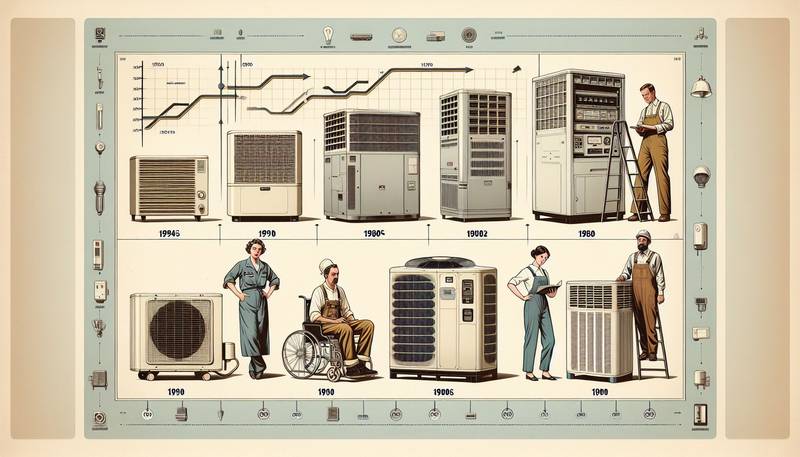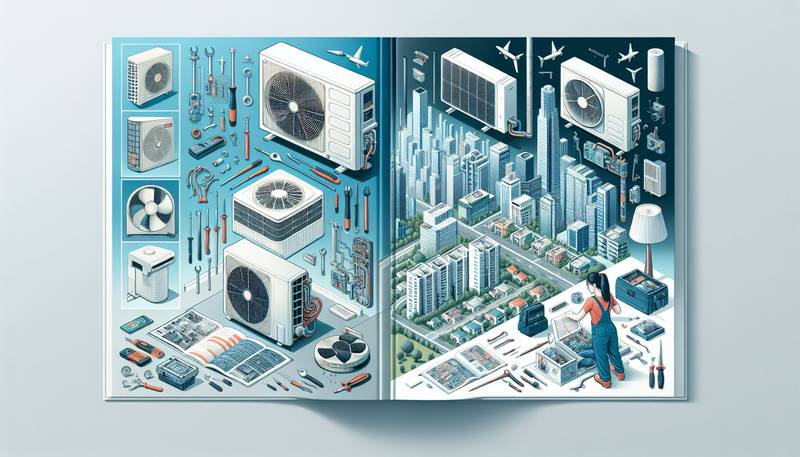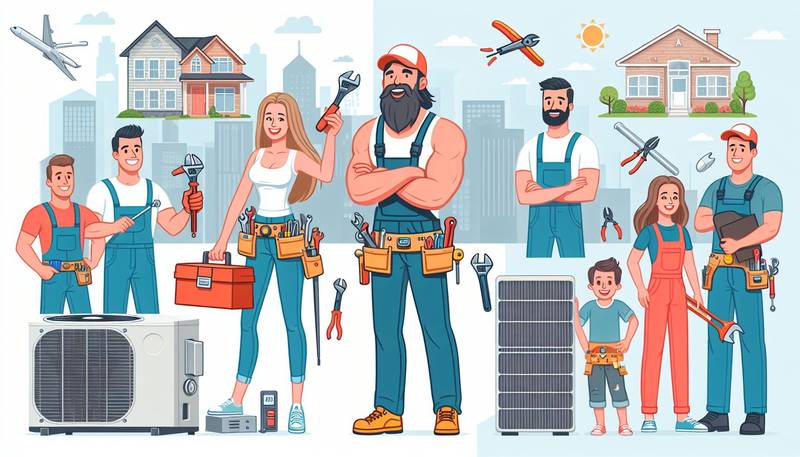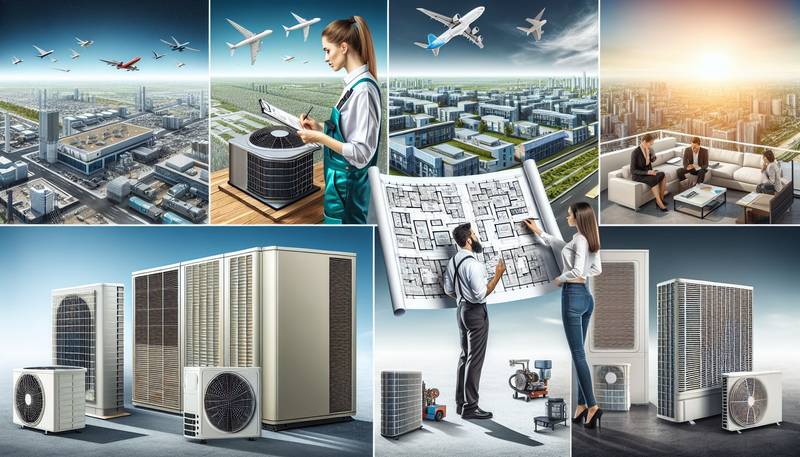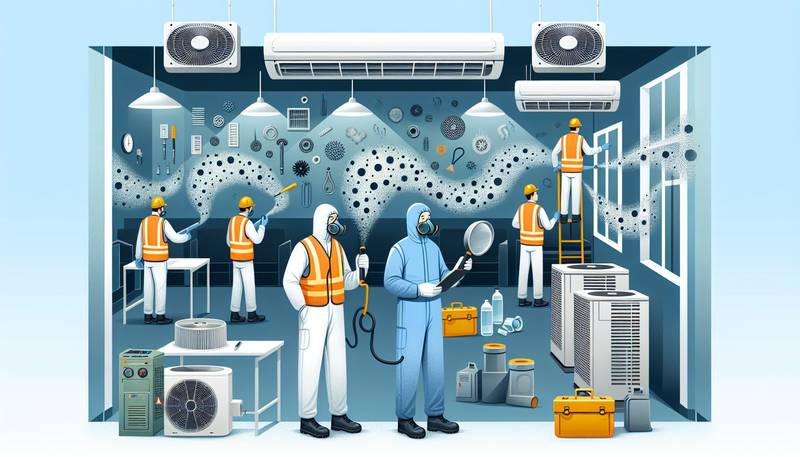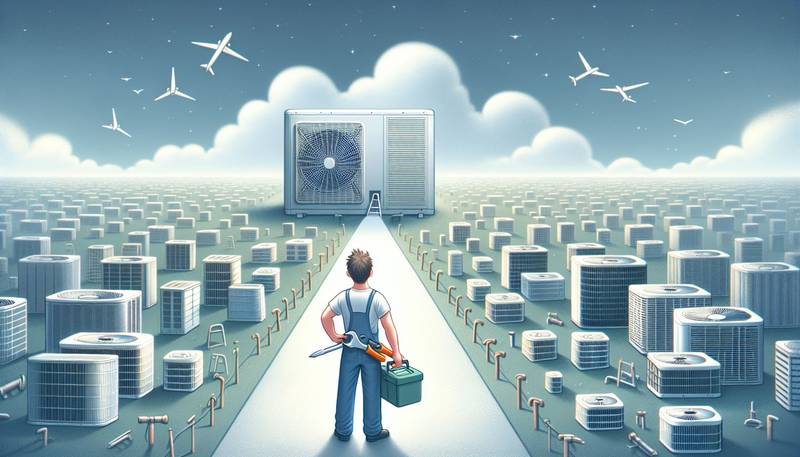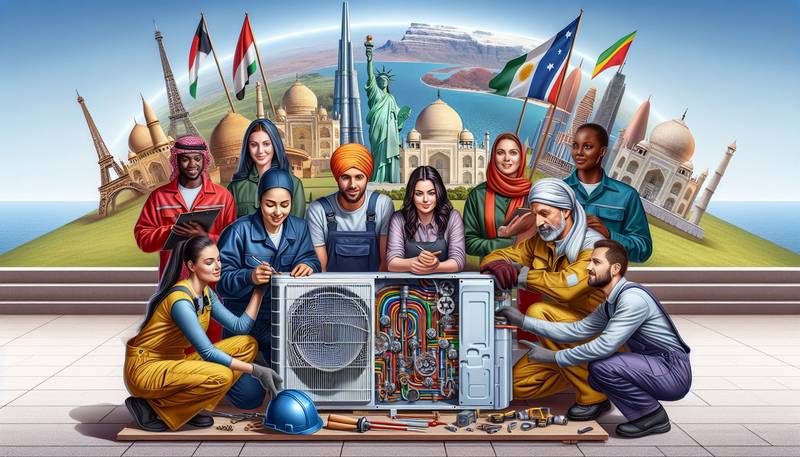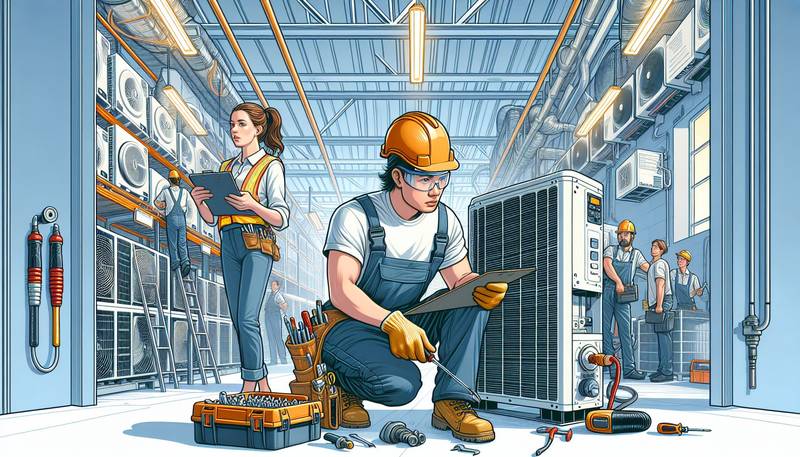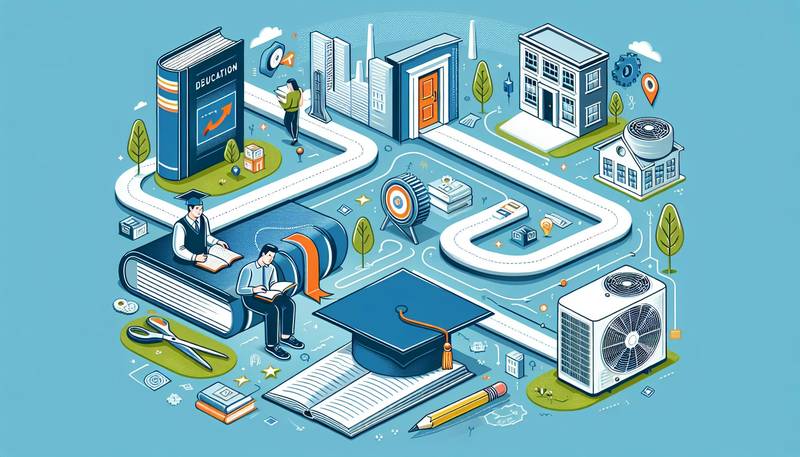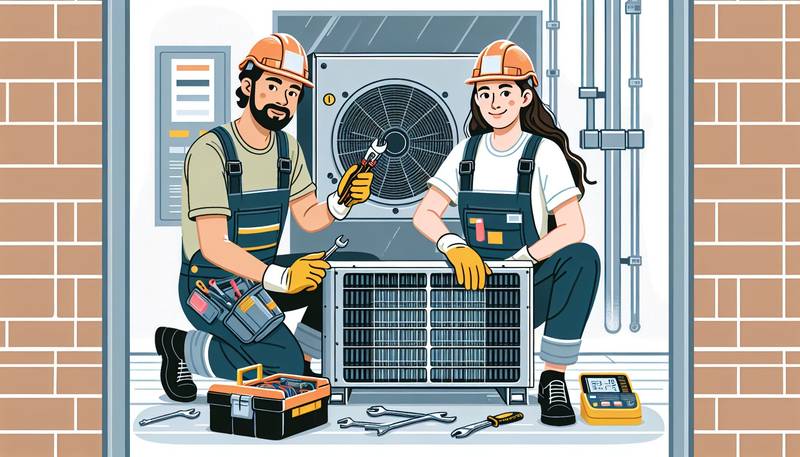The Evolution of Air Conditioning: How New Technologies Are Shaping Jobs
As new technologies continue to emerge, the air conditioning industry is constantly evolving, creating new opportunities and challenges for professionals in the field.
The Early Days of Air Conditioning
Air conditioning technology dates back to ancient civilizations, where people used various methods to cool their surroundings, such as using fans, blowing air over ice, or harnessing the power of water. However, the modern air conditioning system, as we know it today, was developed in the early 20th century by inventors such as Willis Carrier, who invented the first modern electrical air conditioning unit.
The Impact of New Technologies
Over the years, advancements in technology have revolutionized the air conditioning industry, leading to more energy-efficient, environmentally friendly, and innovative systems. One of the most significant developments in recent years is the integration of smart technology into air conditioning units, allowing users to control their systems remotely and optimize energy usage. Additionally, the use of eco-friendly refrigerants has become a major focus, as the industry seeks to reduce its impact on the environment.
The Role of Automation
Automation has also played a significant role in shaping the air conditioning industry, particularly in the area of installation and maintenance. With the use of advanced robotics and automated systems, professionals can now complete installations and repairs more efficiently and accurately. This shift towards automation has led to changes in the skill sets required for jobs in the industry, with an increased emphasis on technology and troubleshooting skills.
New Job Opportunities
The evolution of air conditioning technology has created new job opportunities in the industry, particularly in the areas of smart HVAC systems, renewable energy, and sustainability. Professionals with expertise in energy management, data analytics, and green technology are in high demand, as companies seek to improve the efficiency and sustainability of their air conditioning systems. Additionally, the growing focus on indoor air quality has created a need for specialists in air purification and filtration systems.
Challenges in the Industry
While new technologies have brought about exciting advancements in the air conditioning industry, they have also presented challenges for professionals. The rapid pace of technological change means that workers must continually update their skills and knowledge to stay relevant in the field. Additionally, the increasing complexity of air conditioning systems requires professionals to have a strong understanding of electrical and mechanical systems, as well as the ability to troubleshoot and diagnose issues effectively.
Conclusion
As the air conditioning industry continues to evolve, professionals in the field must adapt to new technologies and innovations to remain competitive. The integration of smart technology, automation, and eco-friendly practices has created new job opportunities and challenges for those working in the industry. By staying informed about the latest trends and developments, professionals can position themselves for success in a rapidly changing landscape.
